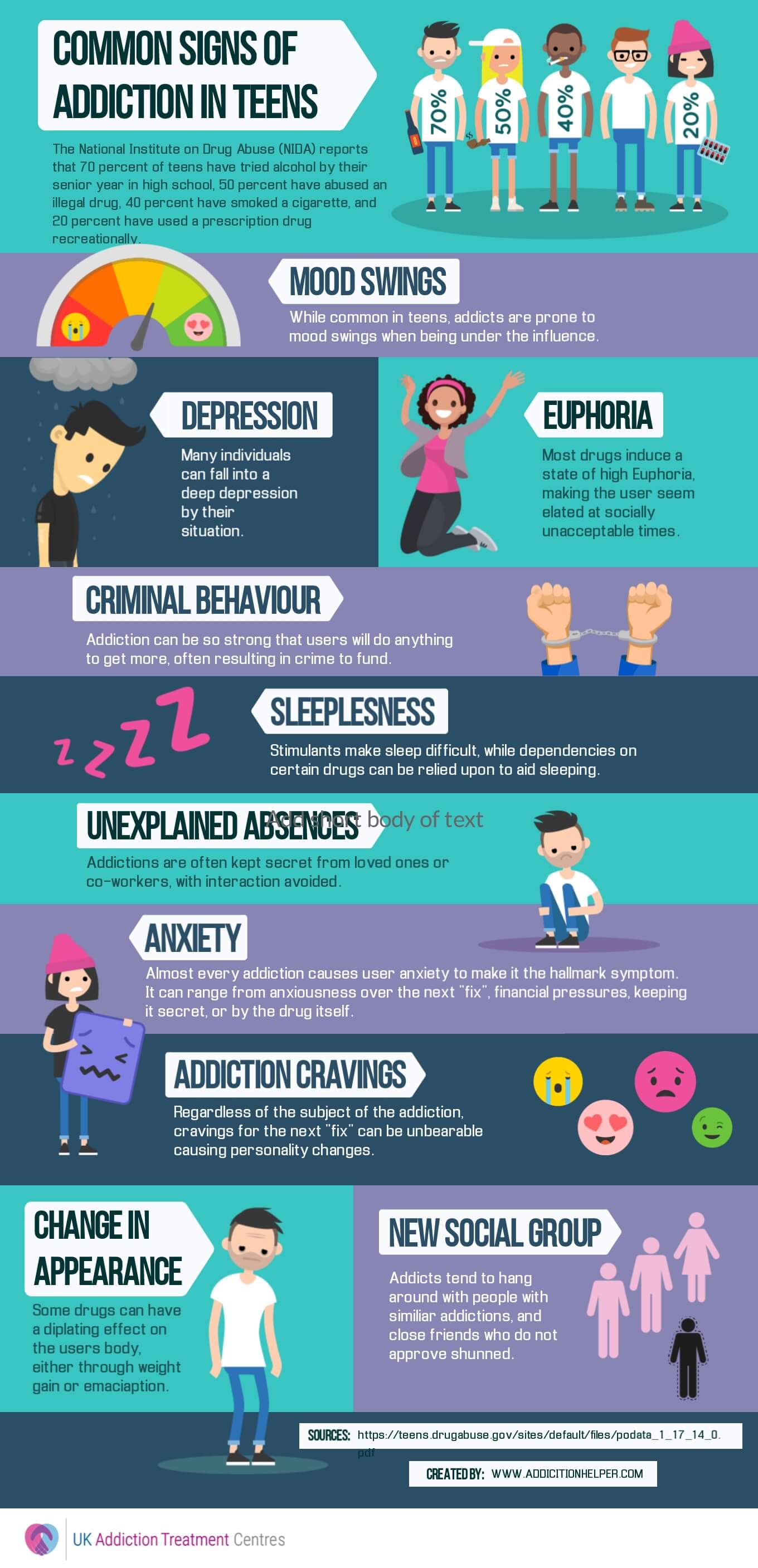Why Aftercare In Drug Rehab Is Vital For Long-Term Healing. Find Out Just How Support Group Can Help You Remain Sober And Construct A Fulfilling Life
Why Aftercare In Drug Rehab Is Vital For Long-Term Healing. Find Out Just How Support Group Can Help You Remain Sober And Construct A Fulfilling Life
Blog Article
Material By-Carrillo Eriksen
You can not do it alone. Recovery from drug addiction requires a strong support group.
The relevance of aftercare in drug rehabilitation can not be overemphasized. In this short article, we will check out the duty of counseling, the advantages of treatment, and the foundation supplied by peer support system in maintaining sobriety.
So, order a mug of coffee, kick back, and let us direct you through the vital actions of post-rehabilitation support.
The Role of Therapy in Aftercare
If you intend to keep your soberness after leaving rehabilitation, it's crucial that you continue joining therapy sessions as part of your aftercare strategy.
Counseling plays an essential role in your recovery journey by offering ongoing support, assistance, and a safe area to reveal your feelings and issues.
With therapy, you can resolve any type of underlying concerns that might have added to your addiction, create dealing approaches, and discover much healthier methods to manage stress and cravings.
It allows you to work through any unresolved emotions and establish a much better understanding of on your own and your triggers.
The Advantages of Therapy in Maintaining Sobriety
To maintain your soberness, therapy can offer countless advantages.
- Treatment supplies a risk-free space for you to check out and deal with the underlying concerns that may have contributed to your addiction.
- It permits you to work through your feelings and develop much healthier means of managing stress and causes.
- Through therapy, you can acquire a far better understanding of yourself and your patterns of habits, which can assist you make favorable adjustments in your life.
- In addition, therapy offers you with a support group of specialists who are educated to assist and assist you on your trip to healing.
- They can provide important insights, devices, and techniques to assist you browse the obstacles that might arise.
- In treatment, you can discover to establish healthy and balanced coping abilities, build durability, and enhance your general health.
Peer Support Groups: A Foundation for Lasting Healing
You can find long lasting recuperation by proactively participating in peer support system and getting in touch with others who share similar experiences and goals.
https://www.digitaljournal.com/pr/find-addiction-rehab-educates-readers-about-couples-rehab-rehab-in-connecticut-and-los-angeles-based-divine-detox supply a safe and non-judgmental room where individuals in recovery can come together to share their struggles, successes, and insights. By actively joining these teams, you can receive the support and inspiration you require to remain on the path of healing.
Connecting with others who've gone through comparable experiences can be extremely encouraging, as it assists you recognize that you aren't alone in your trip. It likewise permits you to pick up from others who have actually efficiently overcome similar challenges. With each other, you can commemorate milestones, hold each other answerable, and offer assistance and advice.
Via these connections, you can construct a strong support group that will assist you navigate the ups and downs of healing and ultimately find lasting healing and change.
https://anotepad.com/notes/tkhkhwcg have actually learnt more about the important duty of aftercare in drug rehabilitation. Counseling, treatment, and peer support groups contribute to lasting recuperation. Right here's an astonishing figure to comprehend the size of the problem: researches show that individuals who obtain aftercare treatment are 50% more likely to maintain sobriety compared to those who do not.
So, think of the transformative power of these support group in helping individuals recover their lives and develop a brighter, drug-free future.
